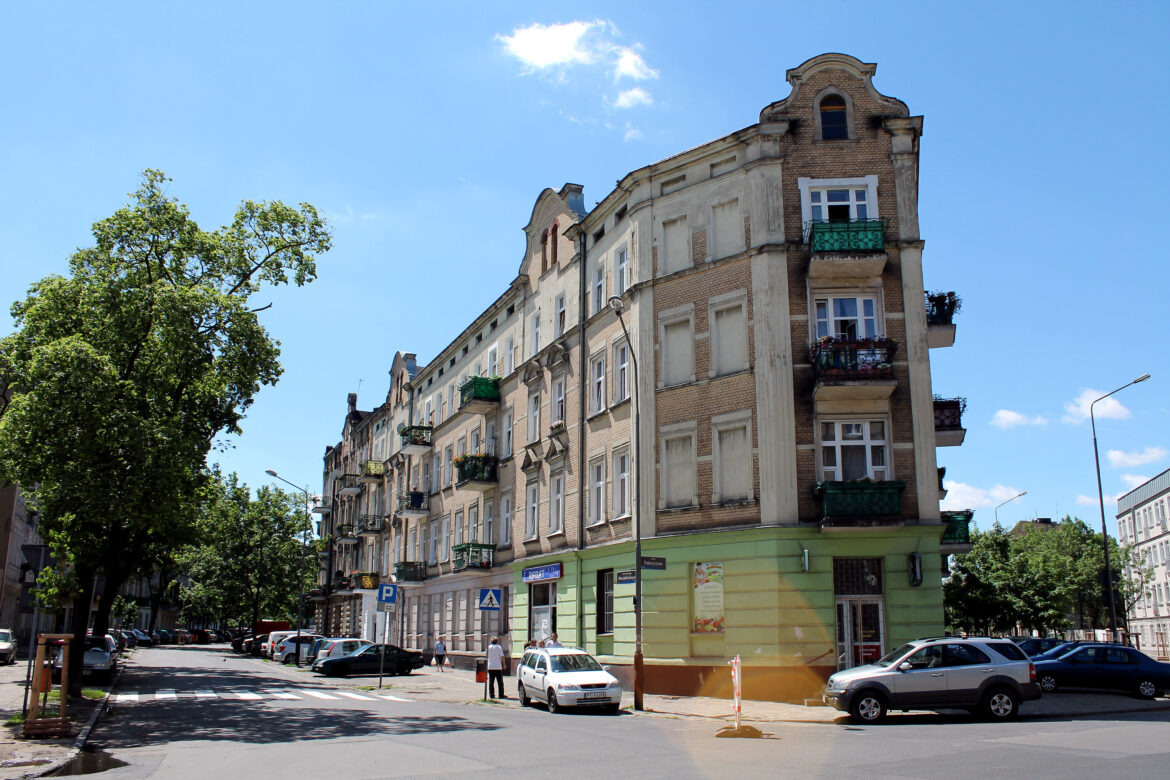From May 1942, Jadwiga Grzymała-Dobiecka began hiding four Jews in her Warsaw flat at 42/76 Madalińskiego St. Two months later, in the second half of July of that year, the Germans launched the “great liquidation action” in the ghetto. A total of as many as eight people were hidden in her flat for a long time until the Warsaw Uprising.
Grzymała-Dobiecka’s apartment on Madalińskiego Street consisted of three rooms. Dr Stefan Vargesslich and his wife Judyta, Roman Warszawski and Aleksander Pomper lived in one. In the late autumn of 1943, Bronisława Maria Feinmesser-Warman, aka ‘Marysia’, a Bund liaison officer, approached the Polish woman involved in underground activity, asking her to hide two Jewish women. They had survived the horrific liquidation of a forced labour camp for Jews in Poniatowa in the Lublin region. One of them was wounded. The women were temporarily housed in very difficult conditions in the Muranów neighbourhood, hiding in a caretaker’s lodge.
Grzymała-Dobiecka took them in. When one of the survivors, after bathing, saw a bed made up in front of her, she got spasms and fainted. It soon became apparent that the convalescence of the two exhausted Jewish women was not going well. Unfortunately, one of them required a difficult operation under anaesthetic. This task was undertaken by a young surgeon, Włodzimierz Mizgir-Chojnacki. It went well.
Then, the six fugitives were joined by others – two boys aged 8 and 9. The whole group had strictly defined homework assignments. The children were given home lessons by Roman Warszawski. An important part of their lives became the duty shifts, aimed at keeping an eye on the window. Until 12.00 a.m., the Jewish wards were on duty, and between 12.00 p.m. and 3.00 a.m., a Polish woman, who was sometimes accompanied by the Jews in hiding. This was because the Germans were expected to arrive at any moment and it was hoped that, thanks to the on-call duty, it would be possible to slip out of the tenement in time.
At the end of May 1944, there was a “visit” from the German occupiers. It happened in Grzymała-Dobiecka’s absence. Although the Germans knocked on the flat very intensely, after some time they gave up, considering it empty. Shortly afterwards, the Polish woman survived a looting attack, during which her flat was robbed. At that time, the Jews lived in the laundry room in the same tenement for safety. All but Aleksander Pomper survived the war.





